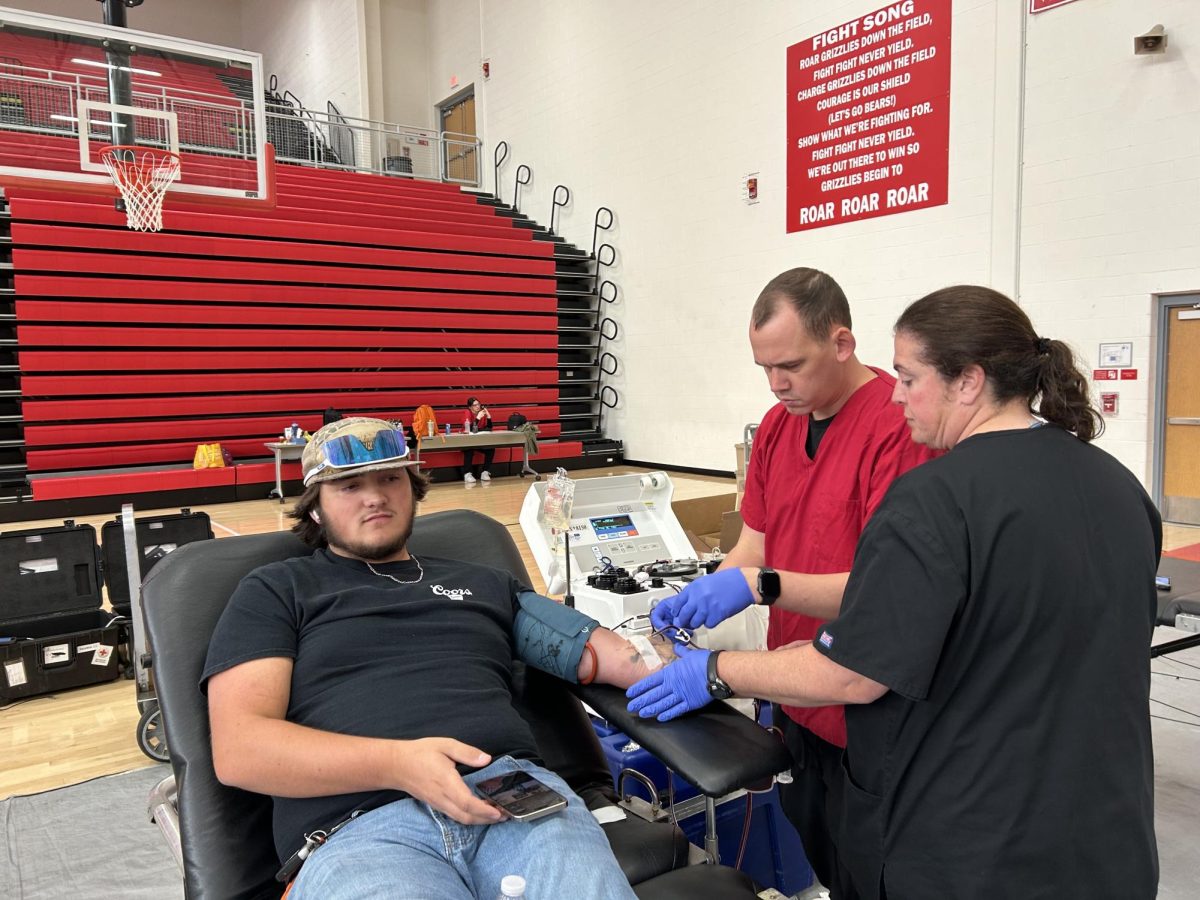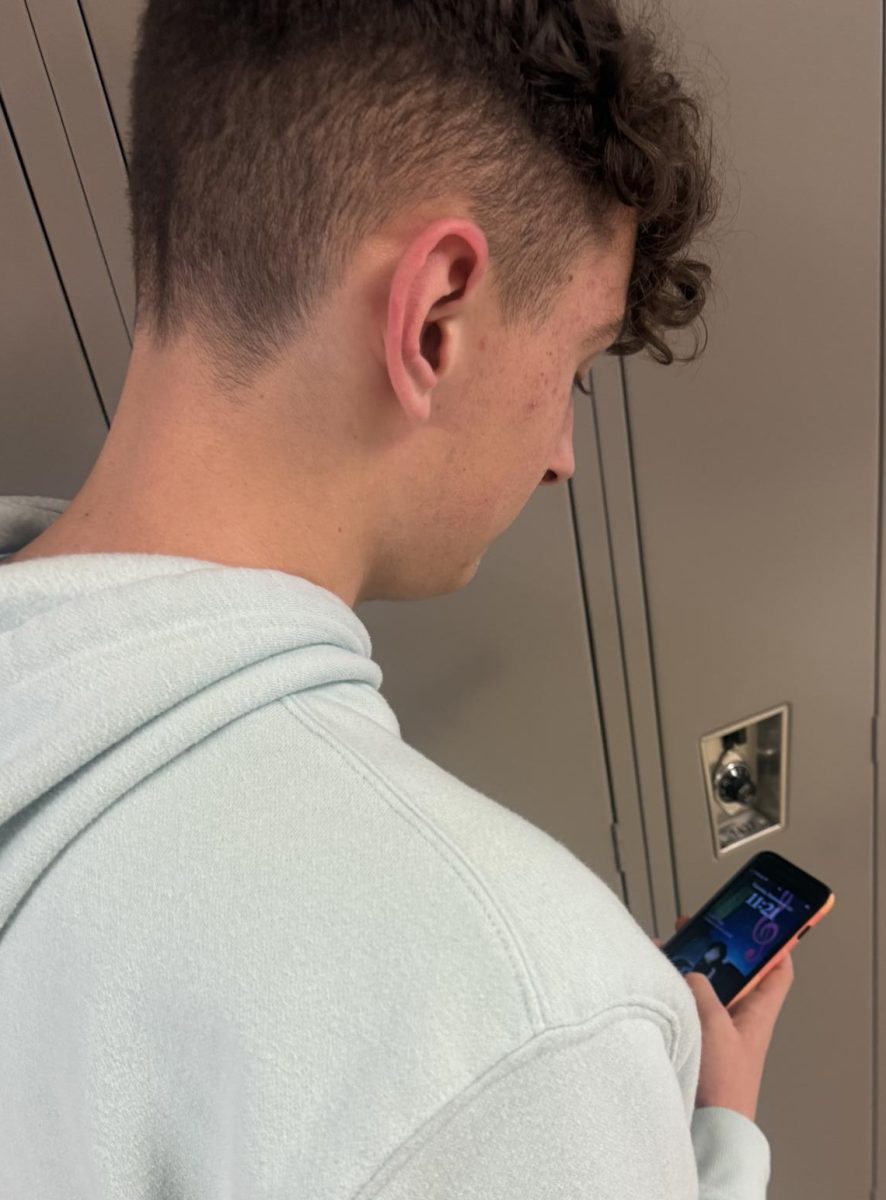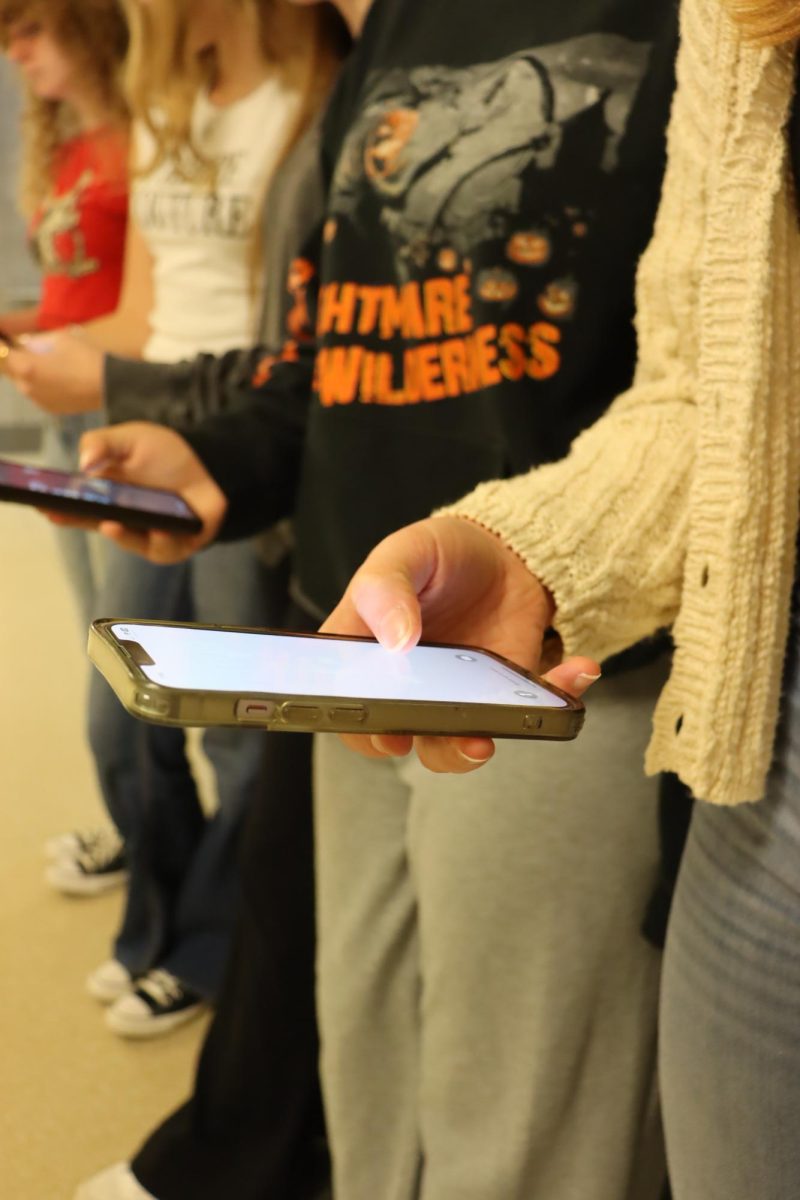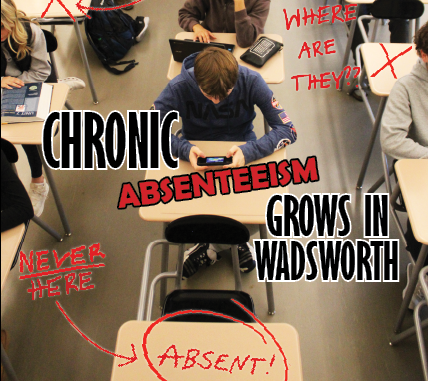The Ohio phone bill, House Bill 250, was implemented on May 15, 2024. The bill requires all public schools to create a phone policy during school hours. The Positive Behaviors Interventions and Supports Committee, PBIS, met with each department head team at Wadsworth High School and the building advisory committee during the spring, before the 2023-2024 school year ended. Then, during the summer, before the 2024-2025 school year, they began to discuss the details of the policy.
Ohio Governor, Mike DeWine, suggested to not allow phones during the whole school day; however, he left the decision to the school districts.
Although students at Wadsworth are not allowed to have their phones in classrooms or the hallways, the administrators have made it possible for students to use the devices at lunch and for educational purposes.
“We have added those two things [allowing phones for educational purposes and during lunch] in there because I thought it was appropriate,” said Vincent Suber, Wadsworth High School’s principal.
The expectation for students is that they have their phones either in their book bags or in their lockers. If the phones are not in the designated places, adults in the school can ask for a phone if they are spotted.
The consequence of getting caught with a phone out during class or in the hallways is that the adult will take the phone and give it to the office for students to pick up after school.
The consequences will increase in severity as the infractions continue. For example, if a student gets caught with their phone out for a second time, their phone goes down to the office and a parent needs to come pick it up. A third time will result in the same consequences; in addition, the student will have a detention.
In the past, students would use their phones during downtimes in class and in the hallways to listen to music. Now, students can do that during lunch, but they are encouraged to only use their phones for school-related activities.
“Previously, cell phone use was the teacher’s discretion in their classrooms,” Suber said. “Since it is now school-wide, the committees concluded that allowing students to take out their phones for only four minutes during transition time wasn’t necessary. In addition, it can potentially cause issues as students enter the classroom and their phones are not put away.”
The idea for the cell phone policy is that student’s well-being and behavior increase.
“In my previous position, I was part of an administrative team implementing a cell phone policy and the dividends that we saw were astronomical, mental health wise was the biggest thing,” said Richard Sullivan, the Freshmen Unit Principal for WHS.
According to a survey from Dublin educators from the Columbus, Ohio area (WBNS-10), behaviors like: increased student engagement, fewer classes being skipped, and a decreasing amount of bullying are becoming more apparent.
The idea of disobedience decreasing in Ohio schools, due to the phone ban, is causing teachers and parents to think that the ban is causing their children to react positively to it.
A few sets of teenagers are indifferent to the policy, not particularly for or against it, while some are strongly disagreeing with the law entirely.
“I’m not fond of [the phone ban], but I don’t hate it,” said Chloe Sasson, a freshman at Wadsworth High School. “Like, I would like to have my phone in class, but I’m not mad that we don’t have them. Because I understand why we don’t.”
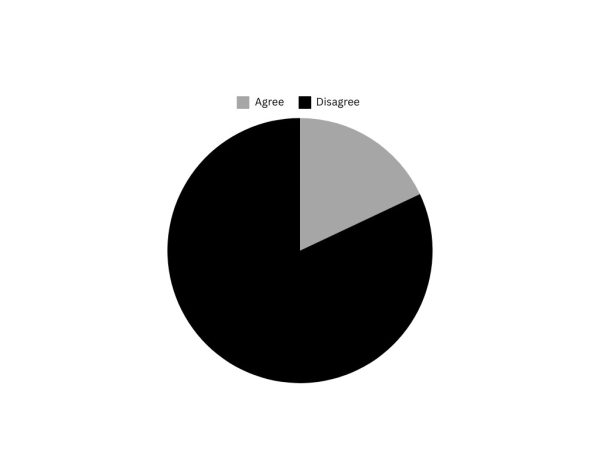
This new phone policy has caused some students to compare this to last year’s rules, where many were allowed to have their phones out during class and in the hallways. This is a stark contrast to this year’s rules, where there are seemingly more intense and disciplined regulations.
Faculty members show strong support for the new phone ban, due to how engaged and less distracted they seem. This provides the student a way to be more social outside of their phones, giving them more time with their friends. Teachers also are beginning to have meaningful conversations with their students, which is different from last year.
“Teachers love [the phone policy] because they feel students are more focused, I love it because kids talk to me more in the hallways,” Suber said.
Many students have noticed how strict and demanding the rule is, causing students to feel as though they are constantly being watched for having a phone on their person.
“A negative [of the phone ban] is how strict they are about it,” said Meredith Hire, a junior at Wadsworth High School. “I feel like I can’t even hold my phone, and when I’m walking in and it’s like I have to put it away right away.”
Freshmen coming from the middle school are used to phones not being permitted in classrooms, while the rest of the student body is getting accustomed to this new policy.
“I didn’t ever have it in middle school at all,” Sasson said. “So, I’m not tempted to have it. Like, it just sits in my backpack. In middle school, we had to leave it in our lockers, but at least I can have it in my bag if I need it.”
Although there are many objections to the notion, students are following the policy. Many faculty are seeing the effects of the ban on students, along with their focus and seemingly new discipline.
“This week, we have seen a decrease in phones being collected,” Sullivan said. “I like to think it’s because our students are doing the right thing, they’re being mature about it, and they see the benefit of this [cell phone policy].”
Students feel that this new focus is bringing attention and direction to their lives, making them more involved with school and their work.
“Personally, I feel like I can lock in with my schoolwork better, knowing that my phone isn’t distracting me [and] sitting out,” Hire said.
Nevertheless, majority of students object to the policy, stating that is restricting them from the freedom that comes with high school. This ban has caused those who disagree with it to feel as though their rights are being taken away from them.
“Schools should not have the right to take students personal property,” said Isaac Halford, a junior at Wadsworth High School.


